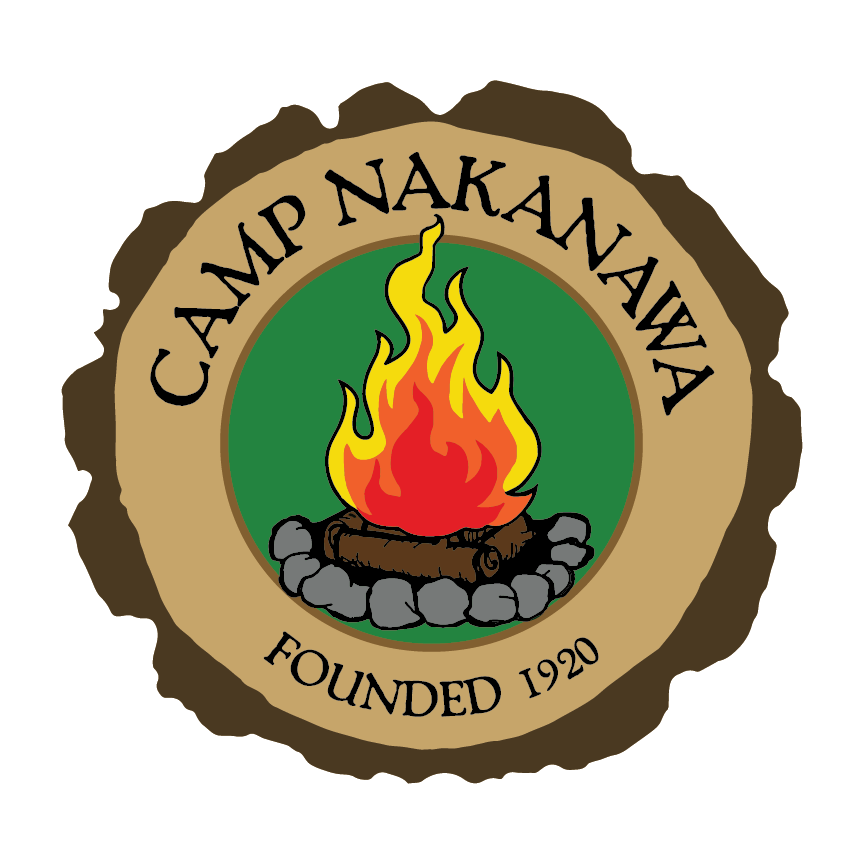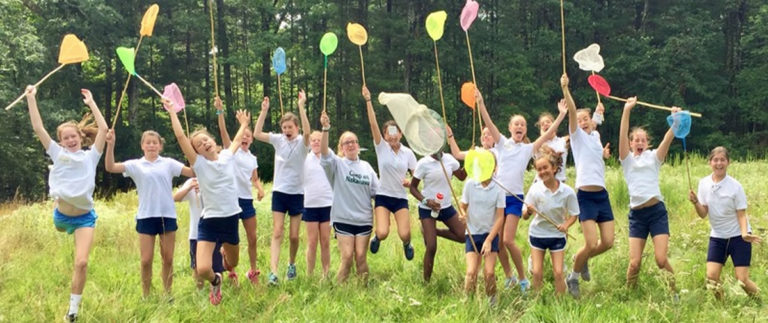Homesickness
Let’s talk a bit about homesickness….
Homesickness is a very normal and natural part of a camper’s experience. Some counselors will tell you that they have never had a case of homesickness in all the years they have been counselors. Others will tell you that you can count on it. Like any situation, knowing how to best deal with it helps everyone through the process.
A former Nakanawa counselor, Dana Beer, has led some of our counselor training sessions. Her “real job” as a psychologist helps shed some light on how to best help the homesick camper. Here is a bit of Dana’s advise on homesickness.
Homesickness can hit at any age. You don’t have to be 8 or younger to be homesick…you can be older, too. College-age kids get homesick. The younger camper might cry, whereas the older camper might be aloof.
- If they are homesick, it does not mean that they dislike camp.
- Remember, it is normal to feel homesick.
- There could be outside influences that play a factor or contribute toward the homesickness. Examples are divorce, sickness in the extended family, or a trip the parents are taking while the child is at camp.
- Steps to follow when you have a homesick bunkie:
- First of all: Validate the camper’s emotion. “I know this is hard and it makes you sad…” (If you don’t validate this, she will spend the entire time trying to convince you that she is really homesick.)
- Offer support: “I know you can get through this.” “I will help you get through this.”
- Collaborate: “Let’s [together] figure out ways to get through this.”
- With an older girl, you may just need to check in with her, and that could be your game plan.
- “What can you do differently that would help you through this?” Help the camper come up with a game plan.
- Make yourself available to your bunkie. “I am always here to talk with you.”
Other strategies:
- At night time…. (Night time is a difficult time for the homesick camper.) “Tell me 3 good things that happened today.” Physically go to each camper’s bed side (after lights out) and say good night.
- A busy camper is a happy camper. For example, at Free Swim, make sure they have planned an activity.
- Trigger times: night time, mail call, Sunday afternoon and evening, and rest hour.
And remember….If there is anything you are concerned about, run it past the head counselors or Ann and Pepe. It is important that we all work together on this.
Here is an important sheet each counselor MUST read about HOMESICKNESS. Nurse Charlie researched this and found some great suggestions for us.

